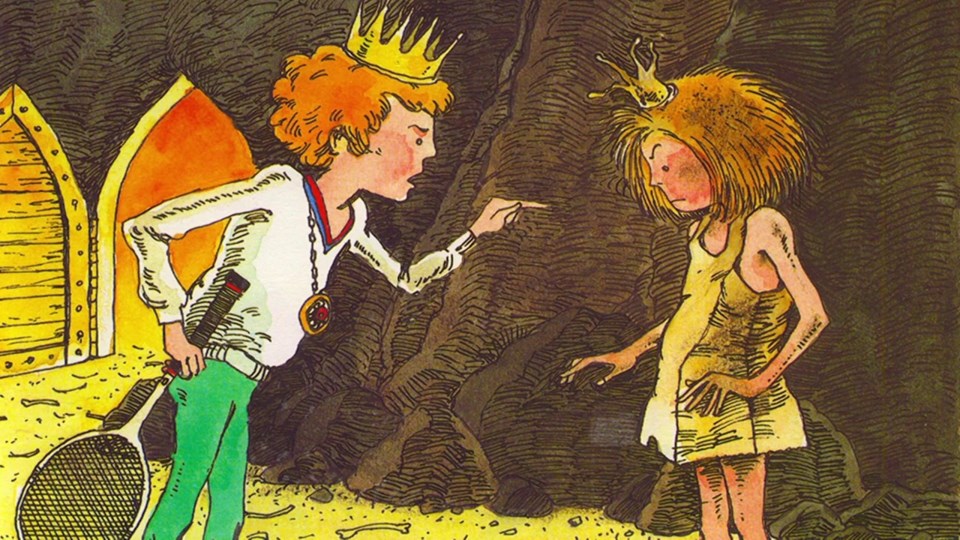Robert Munsch’s Paper Bag Princess turns 40 this year. So it’s official then. We are all old. A brilliant account of female agency made both accessible and entertaining for young readers, this cleverly empowering tale was one of the first children’s titles to disrupt accepted gender norms in an era heavily
saturated with distressed maidens and their ever so gallant heroes.
Inspired to action after reading yet another prince saves princess narrative (yawn), it was actually the author’s wife, Ann Beeler, who famously asked why the princess could never save the prince. Munsch agreed that not only was it a good question, but an alarmingly discounted discussion that demanded a
certain inspired attention. And so the resourceful, intelligent, and delightfully sassy Princess Elizabeth was born.
Only the storyteller’s second published title - the first being the mediocrely received Mud Puddle – Paper Bag Princess was so popular that Munsch was able to quit his job at a childcare centre and turn to writing full time. Sidenote: Mud Puddle is actually a pretty hilarious story in its own right – if you’re as oddly into this whole environment takes revenge subgenre as we are. Like many of Munsch’s works, his Paper Bag heroine was inspired by an actual child. According to Annick Press’ 25th anniversary edition of the book, Elizabeth was a student at the Family Studies Preschool at the University of Guelph where Munsch taught. After the book’s release, Munsch is said to
have sent a handwritten note to the then seven year old, sharing that he had originally intended for Princess Elizabeth to punch Prince Ronald in the nose, but his publisher didn’t approve of that ending.
We tend to envision more of a twisty pinch. But yeah, the intellectual high road was probably the best
choice. Paper Bag’s illustrator, Michael Martchenko - who has since collaborated with the author on more than two dozen titles - was in advertising at the time Munsch and his publishers were searching for an artist. After seeing a single painting of Martchenko’s at an ad show, Michael was asked how he felt about
contributing to a children’s book – an audience he’d never before entertained. And just for the record, it’s completely normal for children with “enko” at the end of their names to have thought themselves related to the artist for no discernable reason.
Though numerous female empowerment titles for children have been released since 1980 – with specific focus on real life women’s achievements in recent years - Paper Bag Princess, for its part, has remained a quintessential tale for several generations of young readers. From required reading for all children, to specific study through a feminist literature lens, part of what makes the message so significant is its completely naturalized delivery.
Elizabeth is not attempting to make a statement or start a revolution, she is merely an intelligent young woman with her own opinion, and the gumption
necessary to stand up to someone – anyone – who may indeed look like a prince, but, in fact, be a “bum”.
Paper Bag Princess Day is officially celebrated on March 7th . Drop in the library any time until March 15th to make your own paper bag Paper Bag Princess.



